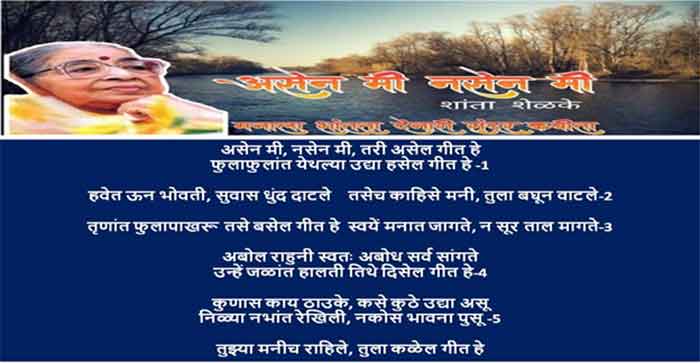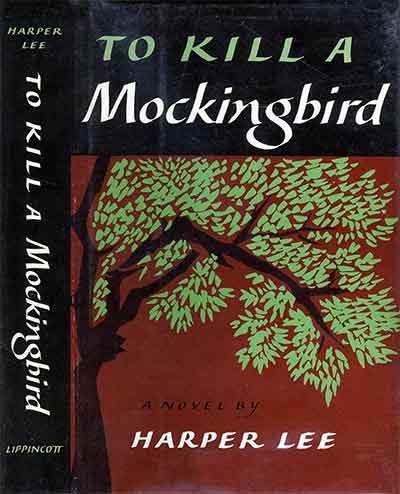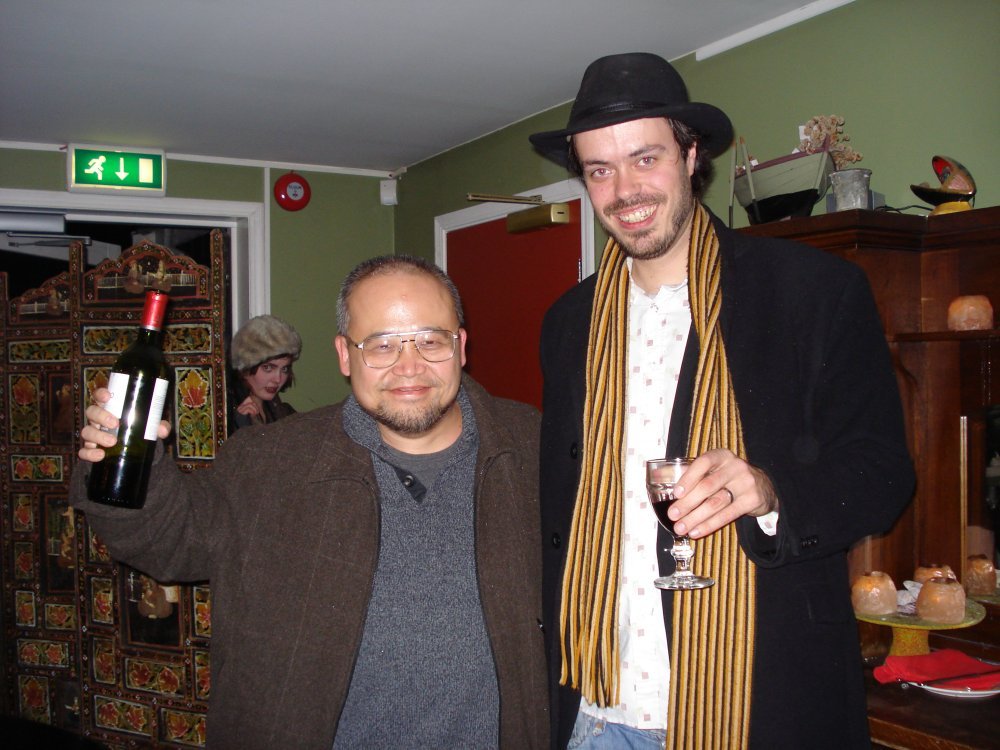
What makes a work of literature great? Why, to name but a few, are Hamlet, The Iliad, The Divine Comedy, War and Peace, The Flowers of Evil, Don Quixote, Faust generally considered outstanding examples of world literature? What makes one work of literature superior to another? Why is some literature read for centuries, even millennia, while others languish in scholarly oblivion? What are the sacred secrets of Calliope?
It is my contention that there are at least ten essential powers of Great Literature. If a work of literature does not contain all ten; it might be good, even very good, but will not deserve the appellation “Great”.
These, then, are the necessary ten powers: 1) Cognitive power 2) Imaginative power 3) Visionary power 4) Moral power 5) Inter-subjective power 6) Emotional power 7) (Re)Interpretive or Trans-historical power 8) Influential or referential power 9) The power of wonder or awe 10) The power of aesthetic pleasure
Cognitive Power: A work of literature can only be considered great if it is able to engage us intellectually. At its best, it must invite us to think deeply about the work itself, its relationship to the world outside it and our cherished personal beliefs. It must question, interrogate, provoke. It must give birth to new thoughts that may or may not be an intrinsic part of itself. It must startle and subvert leading to new perspectives on the nature of reality and of dream.
Imaginative Power: A work of literature can only be considered sublime if it is able to create new worlds, characters, and situations hitherto undreamt of. It must open our eyes to the unexpected. It must populate our sight with wondrous visions that, even if fantastic, seem somehow plausible. It must not only open the doors and windows of the sleeping mind, it must indeed create new ones. We must feel as if we have stepped through a portal which we would never wish to close.
Visionary Power: This power is closely connected to and indeed requires the first two powers but is yet fundamentally different from them. A literary work is visionary if it is able to effectively harness both the imagination and the intellect to create a convincing picture of either the way the world actually is or should be. It serves as the fundamental argument of the work able to explain its own vital significance while achieving a deeply satisfying totality of mind, heart, and spirit.
Moral Power: A work of literature cannot be great if it does not call upon our moral judgment. It must challenge us to consider the ultimate rightness and or wrongness of the story being told. It must carry a convincing moral message about the complex nature of good and evil. It must be able to morally evaluate itself whether or not its message is religious, secular, existential, skeptical, cynical, nihilist or other. It must make us profoundly care about what is happening to whom and why. It cannot leave us indifferent to its representation of fate.
Inter-subjective Power: A work of literature must be able to make us feel what it is like to be in its world. It must allow us to inhabit the inner mental space of its characters. It must allow us to empathize and relate, positively or negatively. Unlike in the real world, a great work of literature bestows upon us the magical power to enter a soul or souls fully and with urgent concern. Here, we are, at last, able to truly know someone else and by so doing better know ourselves and evaluate our relationships to others.
Emotional Power: A great work of literature does not crassly manipulate us emotionally but by its superb artistry makes us feel a wide range of emotions commensurate with its story and characters. We feel as we do as a natural consequence of the narration. Nothing is forced. We cry, or smile, or rage because we must. Because we are human. The great work of literature fills, empties, and cleanses the human heart not for its own sake but with the goal of achieving emotional knowledge. We understand because we feel because if we did not we would understand far less.
(Re)Interpretive or Trans-historical Power: A work of literature is great only if it able to be significantly interpreted and reinterpreted both synchronically and diachronically. The more meanings and perspectives a work is able to produce in its own time and beyond is a major sign of its lasting value. A work that is too strongly tied to its contemporary time and place will not exhibit the necessary hermeneutic mutability necessary to make it relevant to future generations. It therefore must be open to time in a very special way. It must be general enough to be able to persist through the ages while having captured something essential about that illusive concept known as “human nature”. It must be able to engage itself in an infinite series of conversations that will matter to those yet unborn who will be presumably living under a very different set of historical circumstances.
Influential or Referential Power: A literary work of great power gives rise to others of equal if not necessarily greater power. It influences the imaginations and output of future artists and art of all kinds. It is able to productively pollinate and cross pollinate through time, space, nationality, gender, and any other collective or individual categories. It is like a musical tree growing within the common body of humanity able to sing new songs and bear new fruit. It is that which eternally gives and reproduces. It has no end, like life itself. It continues because it must continue.
The Power of Wonder and of Awe: This power is the cumulative result of all the other previous powers in that it cannot materialize without them. Like great philosophy, great literature leaves us with a feeling of wonder or awe. We are dazzled by what we have read. We are astounded by the journey we have taken. We wish to continue. And we will. New worlds: emotional, cognitive, transcendent await.
The Power of Aesthetic Pleasure: Great literature pleases greatly. It delights us by its message, structure, and display. It is a joy to spend time with. We are bewitched by its rhyme and its cadence. We are enchanted by its tale. We are thrilled and gladdened by its technical and substantive virtuosity. We quite simply fall in love with how it is.\
Taken together, these 10 powers make for great literature. Now go and read some!
Dan Corjescu teaches at the University of Tübingen’s “Studium Professionale” Program











































